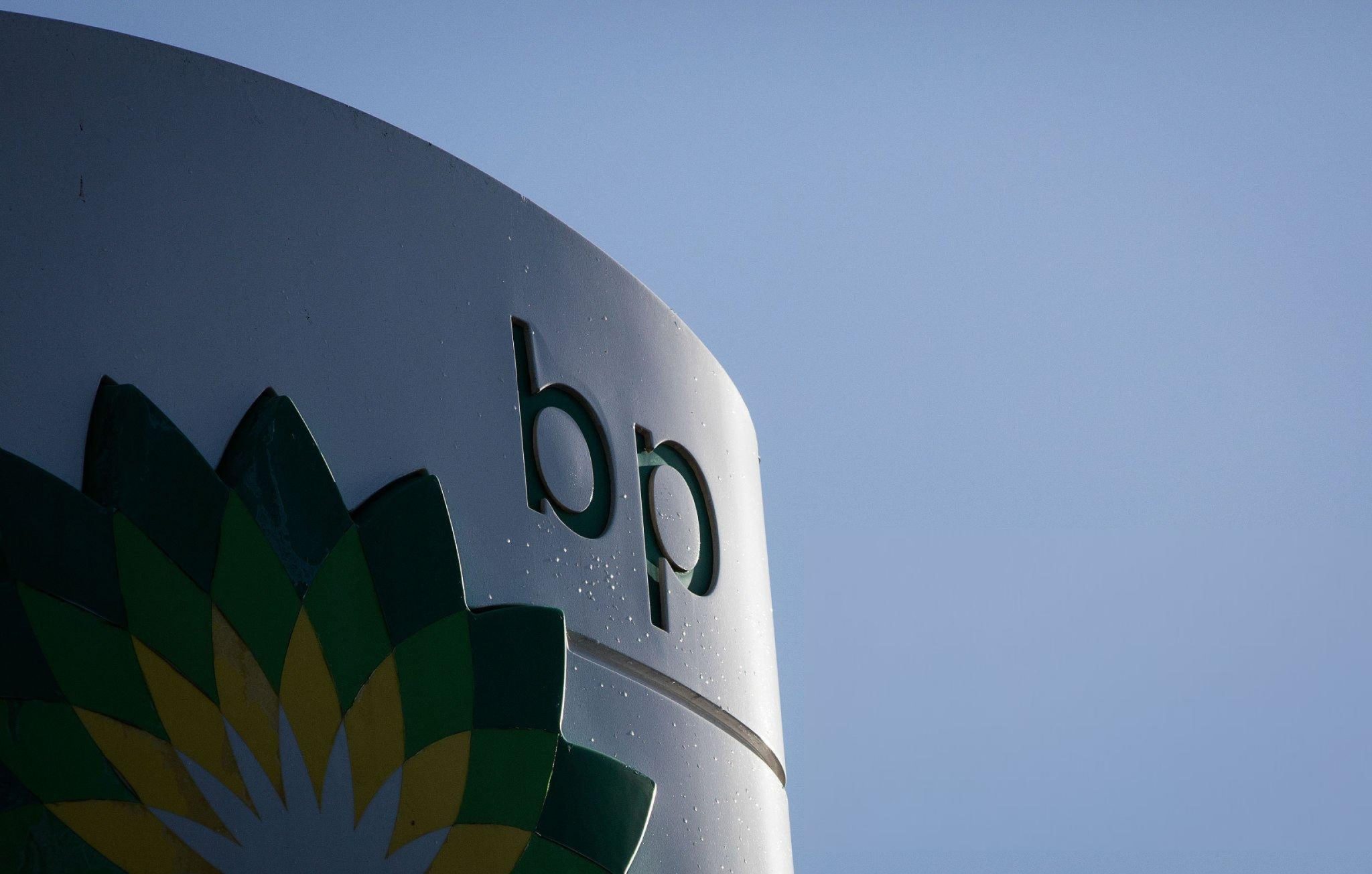BP shares rose sharply on Tuesday amid mounting speculation that rival energy giant Shell is considering a blockbuster takeover of the company, potentially setting the stage for one of the most significant mergers in the oil and gas industry in recent memory.
The oil major’s shares jumped by as much as 2.5% in early trading, after reports emerged that Shell has been consulting with financial advisers over the past several weeks to assess the feasibility and strategic value of a potential acquisition of BP.
The market reaction underscores renewed investor interest in BP, which has endured a turbulent period marked by underwhelming returns from its aggressive push into renewable energy, and increasing pressure to refocus on fossil fuel production to shore up profitability.
Strategic pivot at BP
In February, BP unveiled a new strategic direction centred on increasing oil and gas production, following criticism from shareholders who believed the company had “gone too far, too fast” in its pursuit of green energy initiatives. Executives acknowledged at the time that the transition to renewables had not delivered the anticipated financial returns, prompting a significant pullback in planned investments in clean energy.
The pivot appeared to have done little to halt the downward trajectory of BP’s share price, which remains around one-third lower compared to the same period last year. The company’s current market capitalisation sits at approximately £56.5 billion, a stark contrast to Shell’s far larger valuation of £146.7 billion.
Investor pressure mounts
BP is also under growing pressure from US hedge fund Elliott Management, which earlier this year acquired a near-5% stake in the business worth close to £4 billion. The activist investor is widely believed to be pushing for a greater emphasis on traditional oil and gas operations to maximise shareholder returns.
In a trading update last month, BP’s chief executive, Murray Auchincloss, said the firm was making progress in realigning its strategy, despite prevailing global economic uncertainty. However, the share price has remained stubbornly low, and some analysts now suggest that BP may be vulnerable to a takeover if the current valuation persists.
Shell weighs its options
According to a Bloomberg report last week, Shell is keeping a close watch on BP’s stock performance and is weighing a potential offer, particularly if shares continue to underperform. The report noted that Shell’s deliberations are at an early stage, and no formal approach has yet been made.
If a deal were to go ahead, it would represent one of the largest mergers in the history of the energy sector and would unite two of Britain’s most iconic corporate names under a single entity. Such a move would also mark a major shift in the dynamics of the global oil market, potentially creating a supermajor rivalled only by the likes of ExxonMobil and Saudi Aramco.
A spokesperson for Shell declined to comment directly on the takeover speculation but reiterated the company’s current focus. “As we have said many times before, we are sharply focused on capturing the value in Shell through continuing to focus on performance, discipline and simplification,” they said.
Shell’s own shares were down 1.35% during Tuesday’s morning session, suggesting investors may be wary about the financial implications of a deal of this scale.
BP has yet to issue a formal comment on the reports.
Merger would reshape UK energy landscape
A merger between BP and Shell would not only shake up the global oil industry but would also have profound implications for the UK’s corporate landscape, consolidating two of the country’s most influential companies and potentially triggering regulatory scrutiny.
While industry experts note that merging operations could yield significant efficiencies, particularly in upstream oil production and trading, others caution that integrating two complex organisations with differing strategic visions may pose significant challenges.
Still, with BP underperforming and Shell sitting on a far stronger balance sheet, speculation over a deal is unlikely to fade any time soon.






